Aliyev on end of war with Armenia, Trump's role, Moscow ties, and regional security Review of Al Arabiya interview
Today, we reviewed another carefully crafted, programmatic interview of Azerbaijani President Ilham Aliyev, which holds global significance. But before examining the individual points raised by the head of state (this time in an interview with Al Arabiya), we should note how much Azerbaijan’s image on the international stage has grown.
Our president’s position attracts attention not only in the context of the South Caucasus but also on a global scale: his words are being followed by correspondents from Chinese media, Euronews, Arab outlets, and other publications.
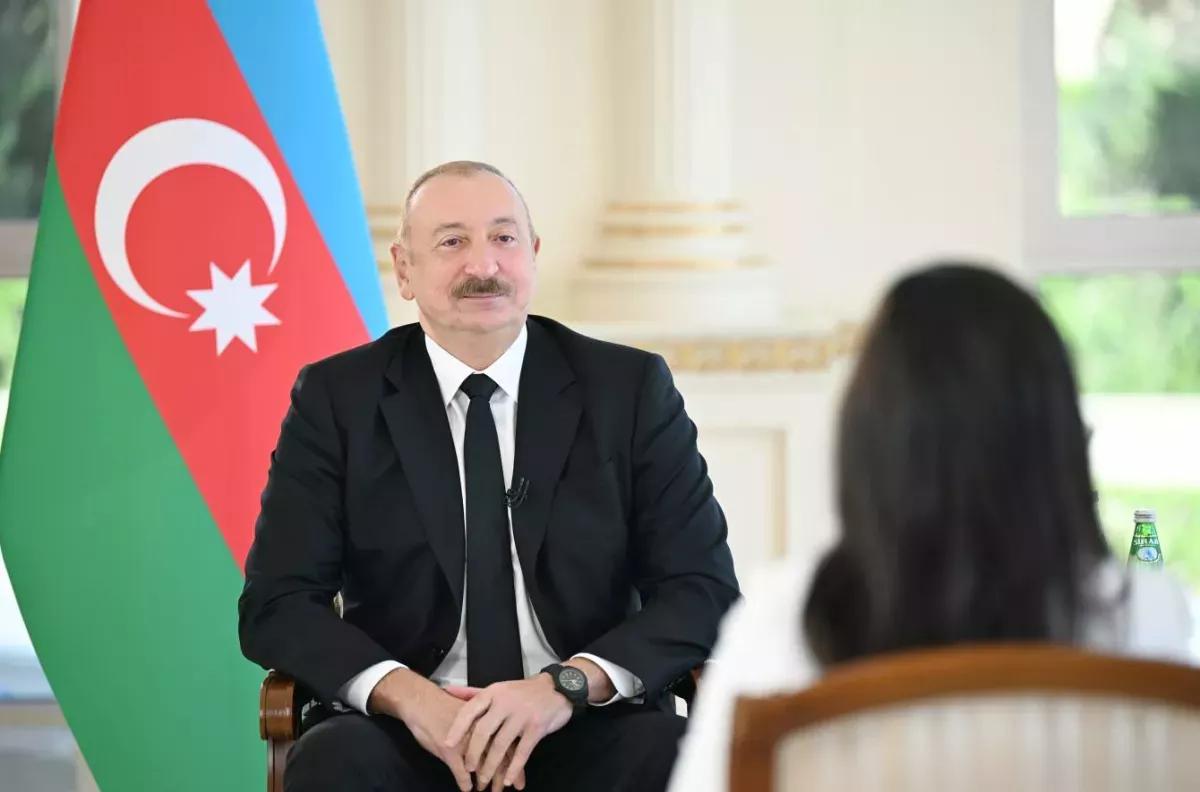
In his interview with Al Arabiya, the head of state focused on the Armenian-Azerbaijani confrontation, which was driven by Armenia’s aggressive policies and its long-standing reliance on the open support of certain foreign powers during the occupation of Azerbaijani territories.
By restoring historical justice in 2020 based on international law, Azerbaijan, in the absence of action by international mediators, took the initiative to launch a peace process with Armenia. The culmination of these efforts was the recent initialing of a document in Washington, based on principles put forward by Baku. This effectively marked the “end of the confrontation and a way out of the deadlock.”
An official peace agreement will become a reality only after Armenia removes its territorial claims against Azerbaijan from its constitution. However, according to Ilham Aliyev, the very act of initialling the document in the presence of U.S. President Donald Trump signifies the end of the war. If Armenia attempts to backtrack on the agreement, it would seriously damage its relations with Washington.
Furthermore, President Ilham Aliyev explicitly stated that any Armenian government that questions the agreements reached in the Oval Office will face serious consequences, “because the balance of power in the region is absolutely in our favour from all points of view.”
In the interview, the head of state also provided the world with important information about the opening of communications in the South Caucasus, stemming from the Washington agreements. Emphasising the need to ensure the safety of Azerbaijani citizens, who must be able to use the Zangezur corridor without obstacles to connect the main part of the country with the Nakhchivan Autonomous Republic, Aliyev stated: “There must be strong security guarantees — international security guarantees.”
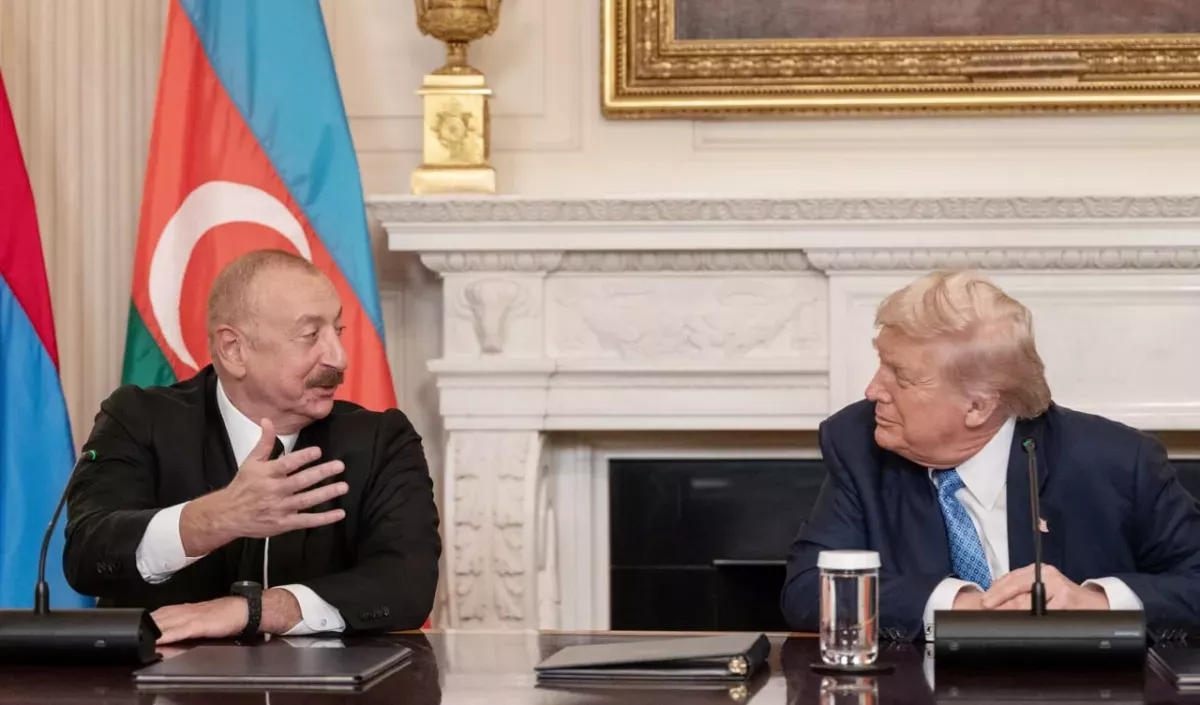
According to him, Trump’s team positively received this emphasis, which led to the creation of the TRIPP initiative (“Trump Route for International Peace and Prosperity”). As Aliyev confidently stated, ever since Trump lent his name to the Zangazur corridor, this initiative “will be implemented in the near future.”
In this context, the President of Azerbaijan communicated the international TRIPP framework to all interested parties, noting that one branch of the Middle Corridor begins in Asia and passes through the Caspian Sea, Azerbaijan, Georgia, and Türkiye into Europe, becoming the sole connecting link between Asia and the European continent. TRIPP, he said, complements and expands existing routes, including passage through Armenian territory.
Ilham Aliyev described the position of Iranian President Masoud Pezeshkian on TRIPP as entirely reasonable, based on an understanding that Tehran faces no threat. In this context, he criticised the forces that fueled anti-Azerbaijani hysteria and spread false claims about alleged Baku plans to occupy Zangezur and block the Iran-Armenia border: “…we are not aggressors. We are not a country which occupies. We are a people and a country which liberates…”
The Azerbaijani leader emphasised that the Zangazur corridor should serve not only as an East–West route but also as a North–South passage. Instead of a single Russia–Iran corridor through Azerbaijan, an additional route is emerging: Russia – Azerbaijan – Armenia – Nakhchivan – Iran. This is a win-win scenario for the entire region, with no losers. Thus, new opportunities open not only for the South Caucasus but also for a broader area—from Central Asia to the Middle East.
President Ilham Aliyev also noted that Donald Trump deserves to be nominated for the Nobel Peace Prize. According to him, Trump “is absolutely different from the traditional image of a Western leader,” being “very friendly, generous,” and at the same time a great leader—a person of dignity and immense courage—who stood against the “frogs in the swamp” represented by USAID, Radio Free Europe/Radio Liberty, The Washington Post, NYT, WSJ, Newsweek and other outlets. “All of them were against him. All of them were demonizing him, the same way how they demonized me, for instance, not maybe the same level, but the same way, spreading rumours,” Aliyev said.
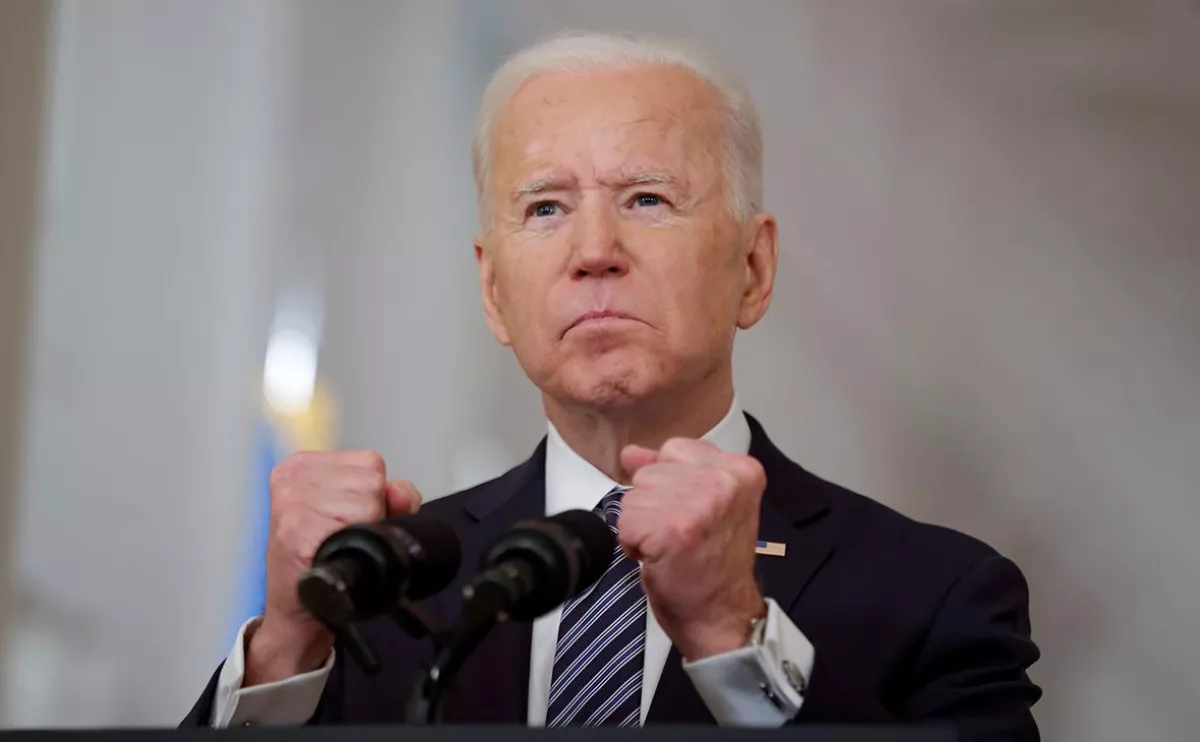
Trump’s fair and principled stance fundamentally differs from the course of the Biden administration, which has reinstated Section 907 despite the fact that Baku provided crucial support for U.S. logistics and transport in Afghanistan.
President Ilham Aliyev expressed confidence that Trump is capable of making America “not only great again but also worthy of admiration”—as a symbol of prosperity, freedom, and development—even though “the entire system is against him.” In this context, Aliyev emphasized that Trump regards him as a friend.
The interview also addressed other important geopolitical issues. In particular, Aliyev noted the absence of apologies from Moscow for the Azerbaijani Airlines passenger plane shot down over Grozny. He recalled that in 2020 Azerbaijan accidentally shot down a Russian helicopter that had approached the country’s border “where it should not have been in the first place.”
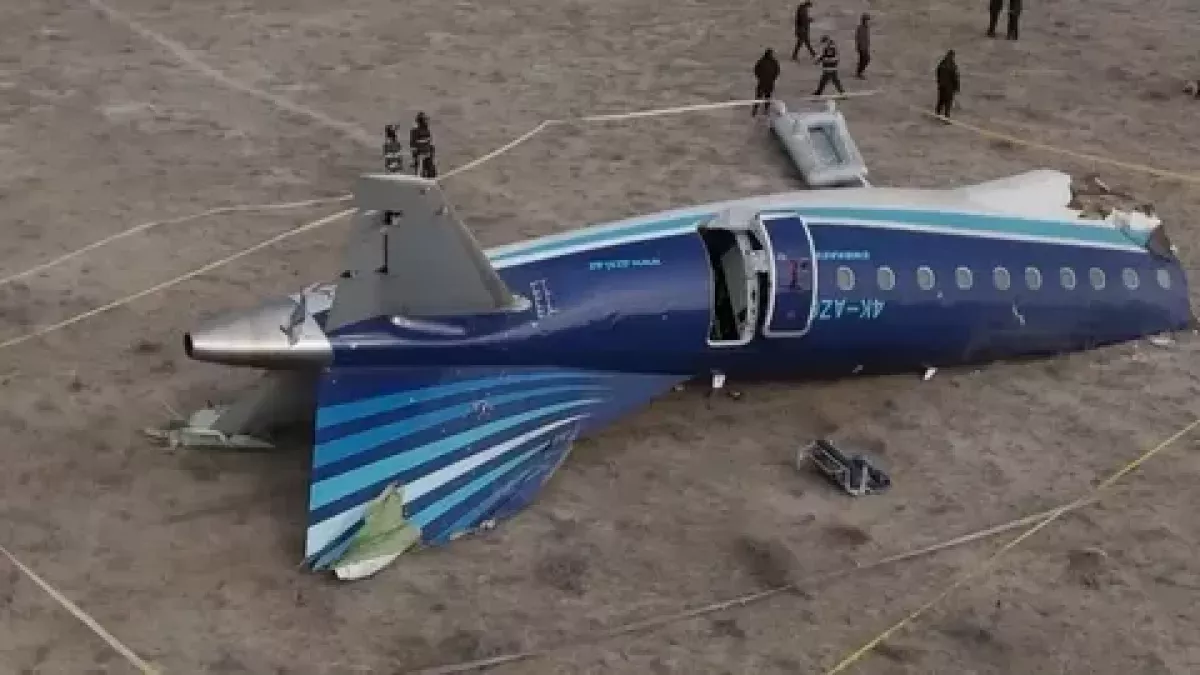
On the same day, he personally called the President of Russia to offer apologies. Additionally, Baku immediately paid compensation to the families of the deceased pilots and to the Russian Ministry of Defense. Following the investigation, those responsible for the tragic error were held accountable. “We haven't seen anything of that sort from the Russian side,” Aliyev noted. Moreover, a wave of unjustified attacks against Azerbaijanis in Russia began. According to the president, Baku will never tolerate “any signs or manifestations of aggression or disrespect toward us, responding instead in a constructive and lawful manner.”
Aliyev also highlighted the high value Azerbaijan places on the principles of Islamic solidarity, calling it unacceptable that Syria under Assad aligned with Armenia, which had destroyed mosques. At the same time, Baku supported the new forces that came to power in Syria and, thanks to a four-party agreement between Azerbaijan, Syria, Türkiye, and Qatar, today assists the country by supplying natural gas for electricity production.
He also noted that Azerbaijan is capable of supplying gas to other countries via the Arabian Gas Pipeline or through swap arrangements.
In this context, the president also highlighted Baku’s role as a mediator in resolving the Syrian-Israeli conflict: “We want peace around us.” Understanding the suffering caused by aggression and wars, Azerbaijan has for many years acted as a donor, providing financial and humanitarian aid to more than 80 countries. Therefore, Baku has sought to contribute to the normalization of relations between Israel and Syria, provided that Syria’s territorial integrity is preserved.
Continuing on the topic of mediation, Ilham Aliyev emphasized that Azerbaijan is always ready to be helpful. If Baku is asked to assist in resolving the conflict between Israel and Türkiye, “we will do it.” Moreover, even without official requests, Azerbaijan will undertake “less-public diplomatic efforts to help find common grounds. Because what is most important is safety and security.”
In the Middle Eastern context, the president particularly highlighted Azerbaijan’s relations with the member states of the Gulf Cooperation Council, emphasising their friendly and results-oriented nature.
It is clear that, after reviewing these details, one cannot overlook Azerbaijan’s geopolitical significance amid global turbulence. The country serves not only as a political and economic bridge between regions but also as a crucial cultural and humanitarian link.
In this context, Azerbaijan is increasingly sought after as a mediator capable of fostering positive relations between countries of different civilisations and cultures.
It is therefore no coincidence that the Al Arabiya correspondent asked the president to what extent Baku is prepared to take steps “to make good relationship between the Sunni and Shia communities?” on a global scale. Aliyev responded clearly and confidently, citing Azerbaijani society as an example, where Muslims of all denominations live together as one large family.
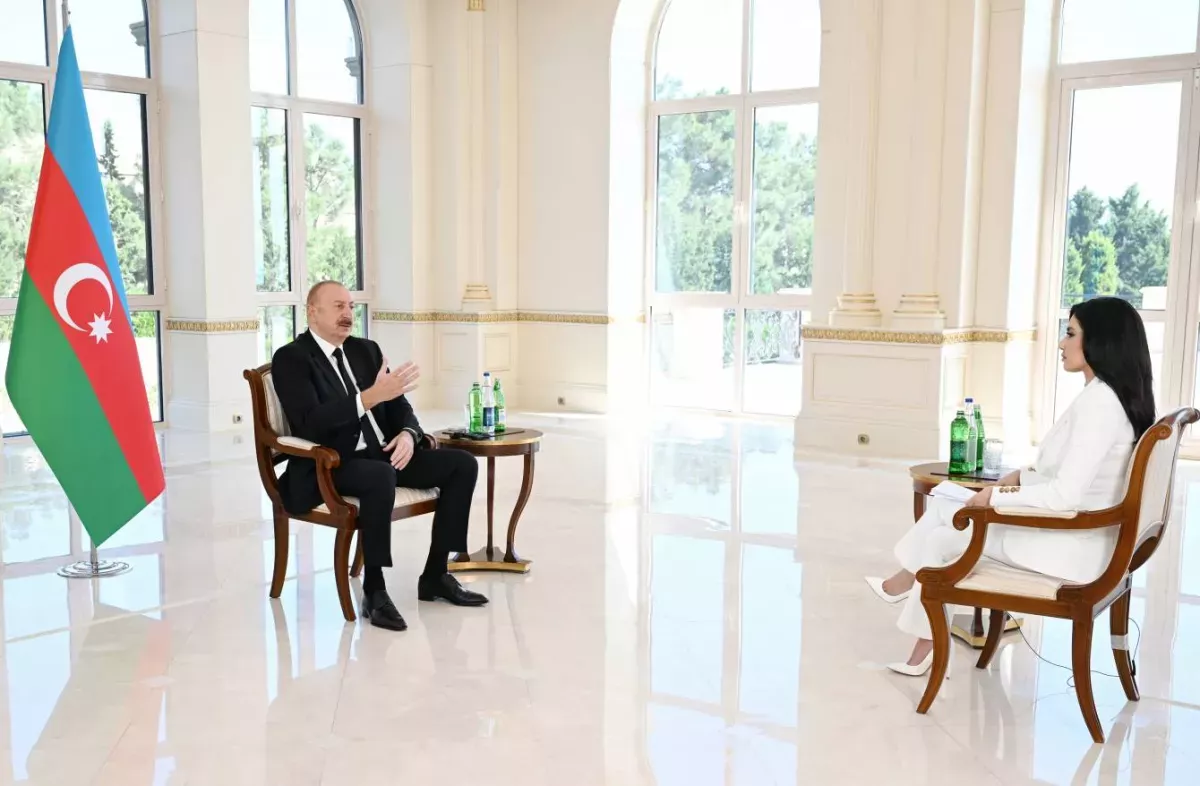
According to him, in Azerbaijan, national and ethnic identity, along with citizenship, come first. Azerbaijanis represent different branches of Islam but are united by ethnicity, language, and the state. This principle also applies to followers of other religions. In the country, Shiites and Sunnis can pray together in the same mosque. “The biggest threat to the Muslim world is sectarian division,” the president noted, emphasising that “we must remain absolutely free from any foreign interference, to protect ourselves ideologically from attempts to spread seeds of hatred among Muslims.”
Azerbaijan demonstrates the possibility of real coexistence among different branches of Islam. It is no coincidence that international conferences on intercultural dialogue are regularly held in Azerbaijan, which are significant not only for Muslims but also for followers of other religions.
Ilham Aliyev responded to this question brilliantly. On one hand, he outlined the real situation in Azerbaijan as a model for peace, while on the other, he highlighted the pitfalls that create intra-Muslim tensions globally, identifying key nuances whose observance can help prevent future conflicts.
It is also worth noting that the president outlined the prospects for the Organization of Turkic States (OTS), recalling the Declaration on Allied Relations between Azerbaijan and Türkiye, which “makes us military allies and political allies” and holds significant importance for the entire Turkic world.
According to Ilham Aliyev, one of his main objectives is to transform the OTS into a global actor, capable not only of addressing internal matters but also of playing a stabilising and positive role on the international stage, “generating opportunities for the neighbors.”
Thus, the President of Azerbaijan shed light on the most important global processes, convincingly demonstrating the country’s geopolitical significance. This is also reflected in the focus of the questions posed to him, which attests to Azerbaijan’s growing international authority. Therefore, it can be confidently stated that President Aliyev’s interview with Al Arabiya will be carefully studied by many interested parties, including those hostile to our country. Indeed, he addressed key contemporary issues concisely and clearly, while also providing the necessary historical context.








